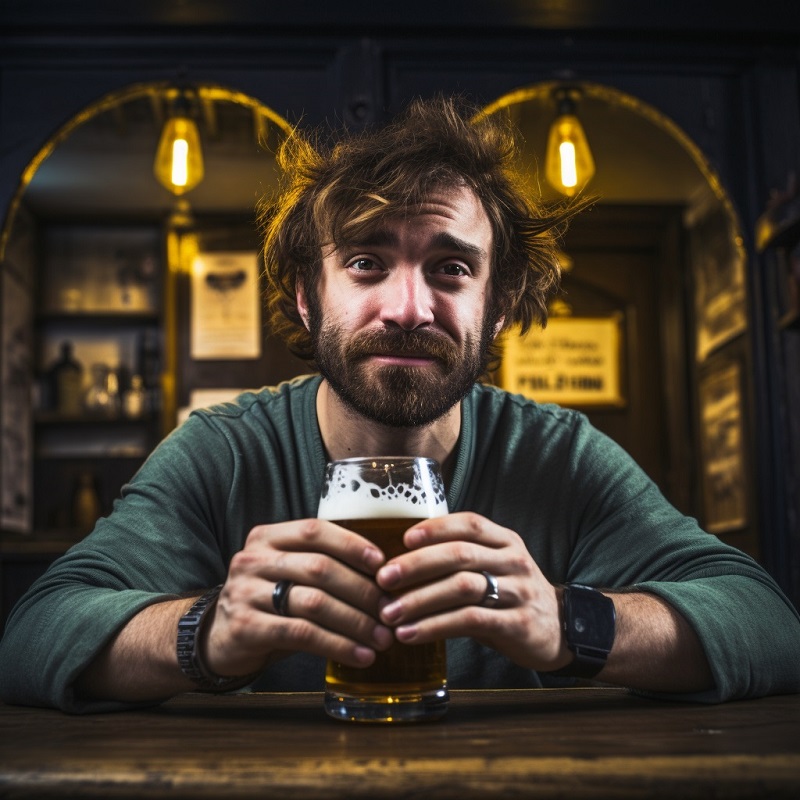The market for no- and low-alcohol beers in the UK has seen a significant increase, with sales surging during the summer months. This is due to a growing desire among people, particularly those from younger generations, to pursue healthier lifestyles and choose alcohol-free options. As a result, brewers have been stepping up their production to meet the rising demand of these so called Nolo beers.
Guinness is tripling their production for Guinness 0.0
According to The Guardian, l leading supermarket Tesco noted a 25% increase in sales of non-alcoholic beers from the beginning of the year until June. They are saying this is a clear sign that people are not only drinking non-alcoholic beer during “dry January” anymore, it is a part of a bigger trend. Guinness has also said that they are tripling the production of their Guinness 0.0. This beer was launched in 2021 and has quickly become a top-selling non-alcoholic beer in Great Britain.
Read more about non-alcoholic beer:
– Is non-alcoholic beer healthy?
– What is low-calorie beer?
– Are non-alcoholic beers gluten-free?
According to the British Beer and Pub Association, sales of low- and no-alcohol beers have grown by 23% over the past year and have more than doubled since 2019, just before the pandemic. They also reported that 85% of UK pubs now offer at least one low- or no-alcohol beer option.
According to the IWSR, a company that analyses the drinks market, half of the UK adult population purchased a no-alcohol or low-alcohol product during 2022, contributing to a volume increase of 9% last year. The UK is considered a dynamic market for these beverages.
More consumers are buying in bulk
The growth in the sector has been attributed to a number of factors. The quality and taste of no- and low-alcohol beers have significantly improved due to brewers utilizing high-quality ingredients and more advanced brewing techniques. Also, consumer purchasing trends have evolved, with many choosing to buy in bulk rather than single cans or bottles.
Companies like Lucky Saint, an alcohol-free brand, have experienced significant volume growth, increasing by 180% in the last year. This trend indicates a cultural shift in attitudes towards alcohol, with people feeling less need to apologize for choosing not to drink.
Major brands and independent brewers alike have launched alcohol-free versions of their beers, broadening the range of options available to consumers. However, despite the significant growth and optimism in the low- and no-alcohol sector, it’s important to note that these products still account for a small fraction of total beer sales in the UK, at around 0.7%. However, there are many promising breweries, like Lowtide Brewing and Drop Bear Beer, that are solely focusing on promoting non-alcoholic beer.
